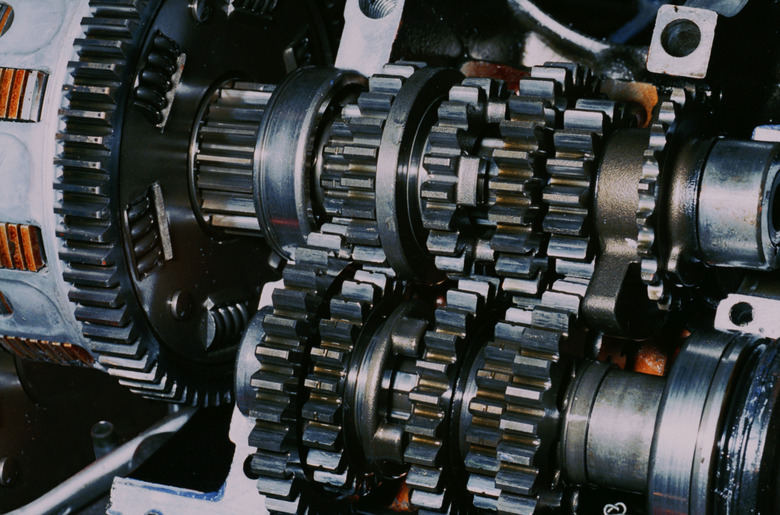Mechanical engineering, one of the oldest engineering fields, focuses on the application of physics and mathematics to the design and manufacturing of mechanical systems and products. This area of engineering is highly focused on the design and production of tools and machines, which are used throughout the wide field of engineering. Students who are interested in mechanical engineering typically pursue a Bachelor of Science degree in college.
Bachelor of Science
Majors in mechanical engineering are typically available through a university’s school of engineering and lead to a Bachelor of Science, which requires students to complete 120 to 140 credits of course work. During their first year, students typically take 30 credits of general education requirements, 30 credits of introductory science and math courses, 30 credits of core courses in mechanical engineering, and 30 to 40 credits of mechanical engineering electives. Because mechanical engineering is a mathematically rigorous field, most bachelor’s programs in this field require two to three years of advanced mathematics courses. Requirements vary across programs, but most require students to take calculus 1, 2, 3, advanced calculus, differential equations and mathematical modeling.
Calculus 1 and 2
During their first year of college, mechanical engineering majors typically take calculus 1 and 2. Calculus is a study of the rate of change of functions, and these first two courses introduce students to the concepts of differentiation and integration. In particular, students learn how to differentiate and integrate many different functions in one dimension, also known as single variable calculus. Furthermore, calculus 1 and 2 also teach students how to use a graphing calculator, an important tool for all advanced mathematics courses.
Calculus 3 and Advanced Calculus
Calculus is typically offered as a sequence of three courses — calculus 1, 2 and 3 — and a semester of advanced or multivariable calculus. Calculus 3 typically covers topics such as solid analytic geometry, introduction to differential equations and multiple integrals with applications, and introduces students to advanced calculus. Furthermore, both calculus 3 and advanced calculus cover topics such as vectors and matrices, and teach students how to differentiate and integrate different functions in two and three dimensions. Calculus in two and three dimensions is also known as multivariable calculus.
Differential Equations and Mechanical Engineering
After completing calculus 1, 2, 3 and advanced calculus, undergraduate students in mechanical engineering degree programs have to take two additional courses in upper division mathematics. One important course is differential equations, which covers topics such as ordinary differential equations, systems of equations, Laplace transforms and series solutions. Occasionally, this course also covers topics in partial differential equations. Another important course is mathematical modeling. This course teaches students how to model different types of calculus and differential equations using various computer programs, preparing students for more advanced computer-guided courses in mechanical engineering.

